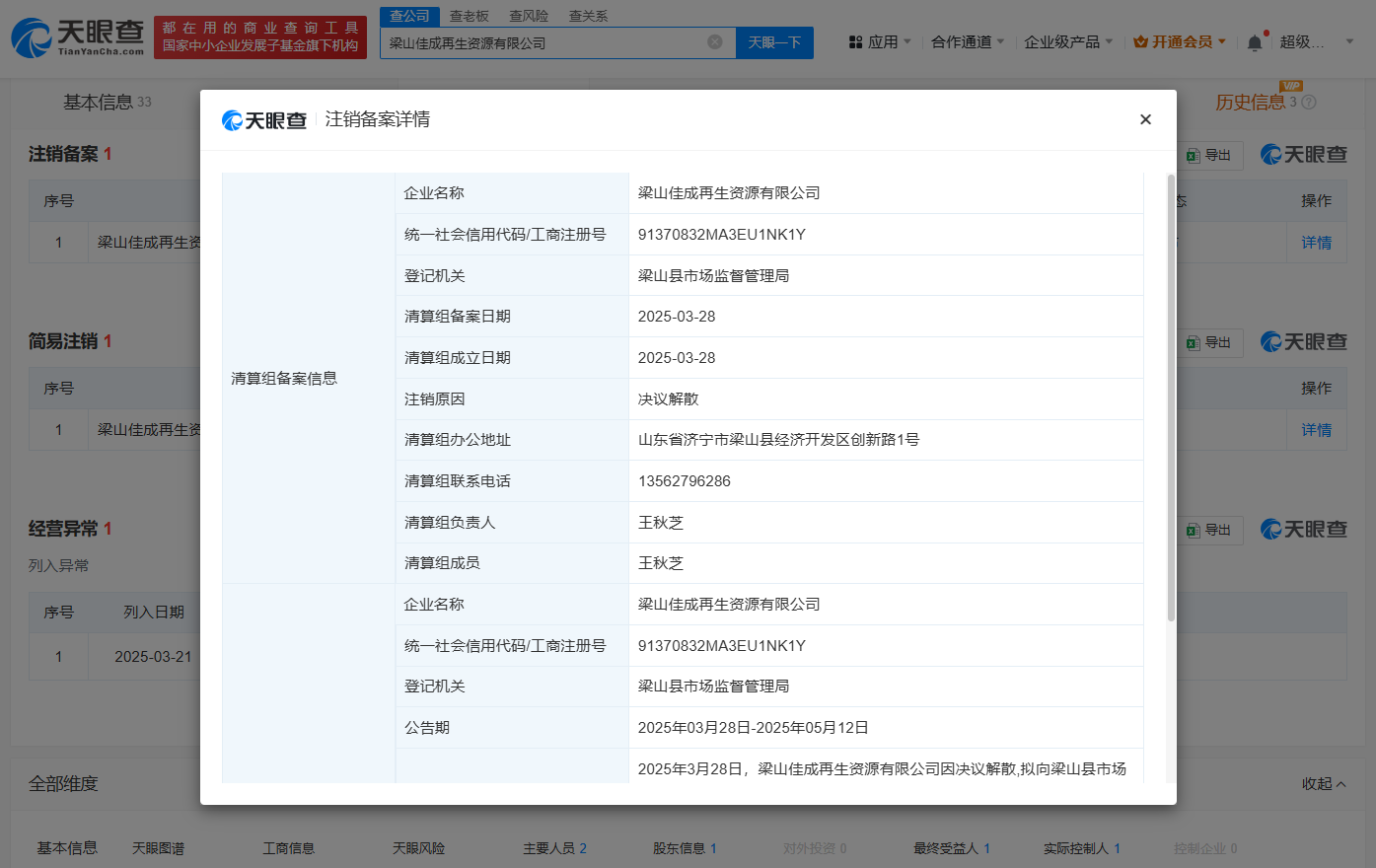Holiday shopping rush sees Amazon's U.S. factories hit by labor strikes. On Thursday, workers at seven Amazon facilities walked off the job early, applying pressure to the retail giant to engage in contract negotiations with unions. The strike has been backed by the International Brotherhood of Teamsters, which claims to represent around 10,000 workers at Amazon's warehouses. Warehouse workers in cities like New York, Atlanta, and San Francisco have joined the strike, marking one of the largest against Amazon.
Leah Pensler, a worker at the San Francisco DCK6 warehouse, said in a press release that their action is historic, fighting against anti-union forces and confident of victory. The Teamsters union has also set picket lines at hundreds of Amazon sites across the country to support the strike, emphasizing that warehouse workers and delivery drivers have the right to respect these picket lines.
Despite this, Amazon claims its operations will not be affected during one of the busiest periods of the year. Although union members account for only about 1% of Amazon's workforce, the strike has garnered widespread attention.
The union has demanded that Amazon begin negotiations by December 15, following a recent vote by warehouse workers to authorize the strike. Teamsters President Sean O'Brien stated that any holiday shipping delays should be blamed on Amazon's greed, accusing the company of ignoring their clear deadline for negotiations and refusing to sit down for talks, calling the strike entirely Amazon's fault.
Notably, despite the ongoing strike, Amazon's stock rose 1.5% in pre-market trading, indicating investors do not believe the strike will significantly disrupt business.
Amazon's spokesperson expressed dissatisfaction with the strike, accusing the Teamsters of deliberately misleading the public and threatening and intimidating employees and third-party drivers. Observers believe Amazon is unlikely to easily sit down for negotiations with the union, as this could trigger more union actions. The company, with over 1.5 million employees worldwide, prefers to establish direct relationships with workers.
However, Amazon is not without challenges. The company has filed objections with the National Labor Relations Board (NLRB) over the Staten Island union vote in 2022, charging bias in the agency's officials. Although the NLRB rejected these objections in August 2024, Amazon won a temporary injunction to pause the negotiation order, awaiting its appeal.
The NLRB also filed a complaint against Amazon for refusing to negotiate with the Teamsters as a joint employer of California delivery drivers, ordering a new union election at an Amazon warehouse in Bessemer, Alabama. Amazon also questioned the constitutionality of the NLRB in a federal lawsuit in September.
Despite the challenges, Amazon announced earlier this year an investment of $2.1 billion to increase wages for U.S. delivery and transportation employees. The company raised the minimum wage for employees to at least $22 per hour, an increase of $1.50, or about 7%. This move was seen as Amazon's efforts to address union challenges and improve employee welfare.








暂无评论